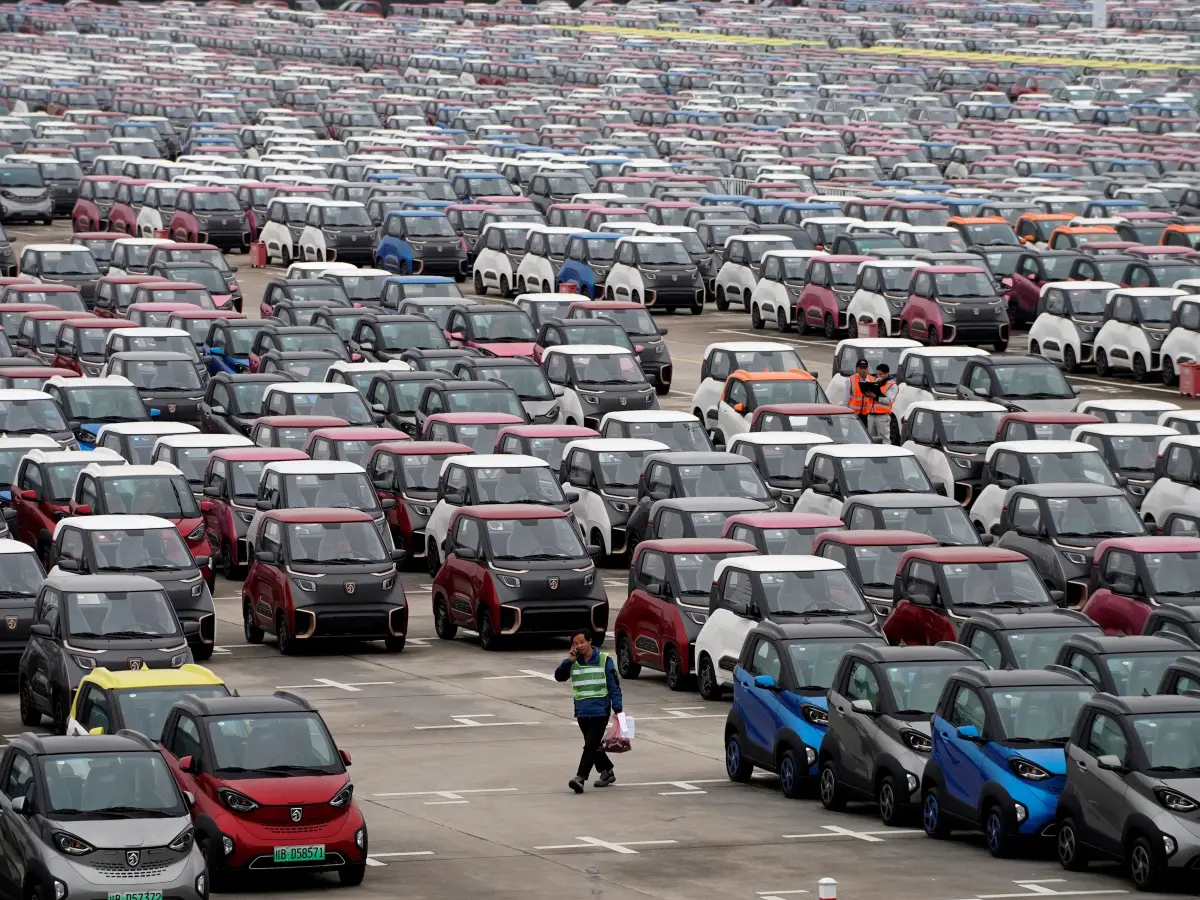8046
0
The Chinese auto market suffered a severe setback in September
The Chinese auto market suffered a severe setback in September. The deliveries of cars to customers dropped compared to the last year.

Yazar: Tom Roberts
Yayınlanma: 16 Ekim 2021 04:26
Güncellenme: 13 Şubat 2026 18:59
The Chinese auto market suffered a severe setback in September
The Chinese auto market also suffered a severe setback in September. The deliveries of cars to customers dropped compared to the same month last year by 17.3 percent to 1.61 million vehicles, as the industry association PCA (China Passenger Car Association) announced in Beijing. The association measures sales of cars, SUVs, minivans and smaller commercial vehicles. For a few months now, after the recovery from the corona pandemic, there has been a problem in the world's most important car market because, among other things, there is a lack of electronic chips due to lockdowns in some Asian countries. The chip shortage around the world worsened in the third quarter. One of the reasons for this is the increasing number of corona infections in Southeast Asia, where some ports have had to be closed. In the past few months, many car factories in the United States and Japan have had to stop production due to the semiconductor shortage. In the US, auto sales fell 25 percent in the third quarter, as Wards Intelligence reported. Due to the lack of chips, the Volkswagen subsidiary Skoda has to significantly reduce or even stop production in its Czech plants from October 18 until the end of the year. Despite the bottlenecks, sales of so-called new energy vehicles, especially electric vehicles, rose in China in September. The China Passenger Car Association also announced that sales more than tripled in the past month to 334,000 cars with alternative drives. China is by far the most important single market for the German car groups Volkswagen, Daimler and BMW. As the market leader in the country's mass market, Volkswagen is particularly hard hit by the slump in production, but recently Daimler and BMW also gave up in the premium segment.İLGİLİ HABERLER





European stocks soared and focus shifted to German retail sales after Powell's speech!

Forex Signal For TRY/USD: Inflation Slowdown in November.

Forex Signal For GBP/USD: Bullish Trend Still Not Breaking While Recovery Continues.

Forex Signal For EUR/USD: Starry US Data Points to Higher Fed Increases.

Forex Signal For BTC/USD: Downside Continues as Bitcoin Recovery Moves Less.
En Popüler Haberler
Yorum Yap
Yorumlar
Henüz yorum yapan yok! İlk yorumu siz yapın...